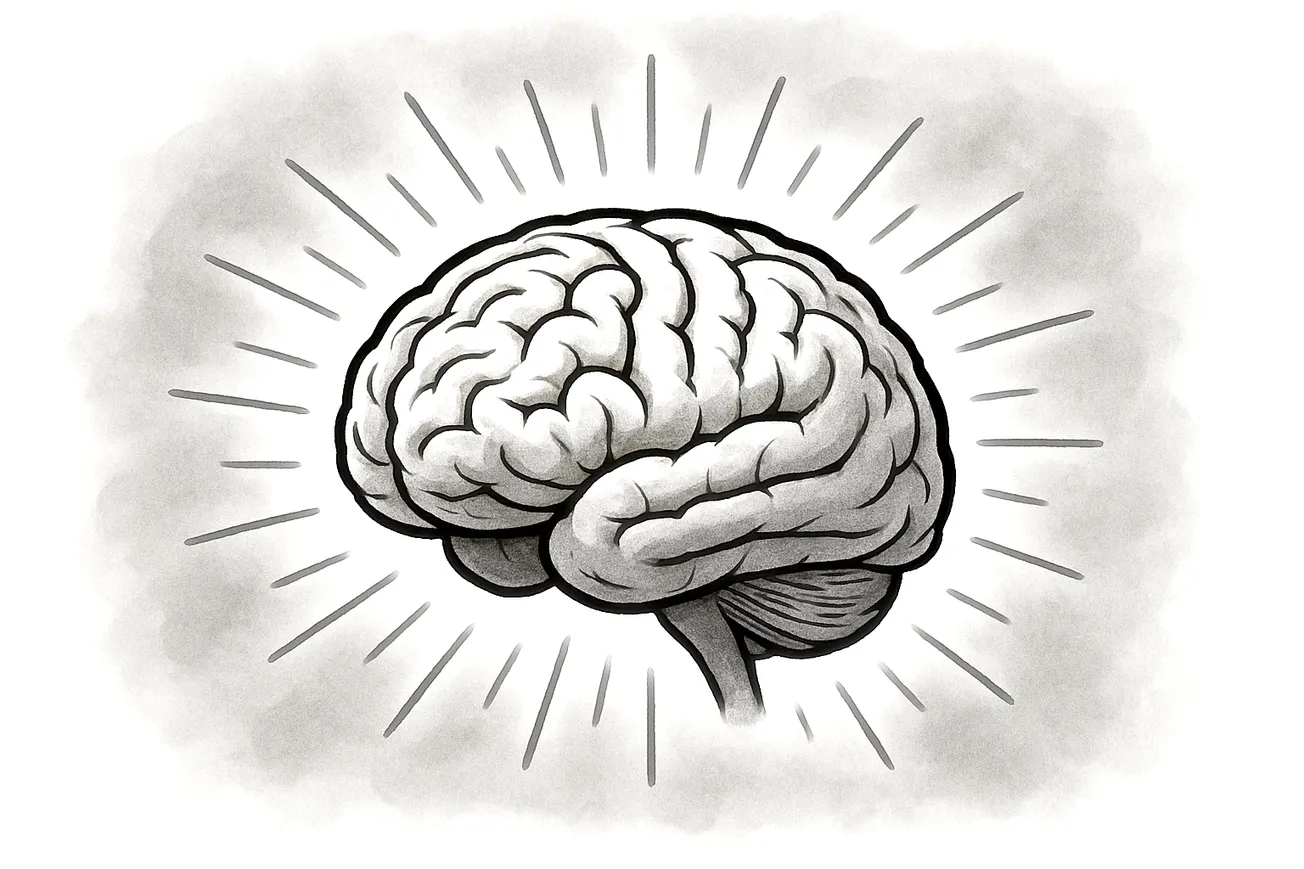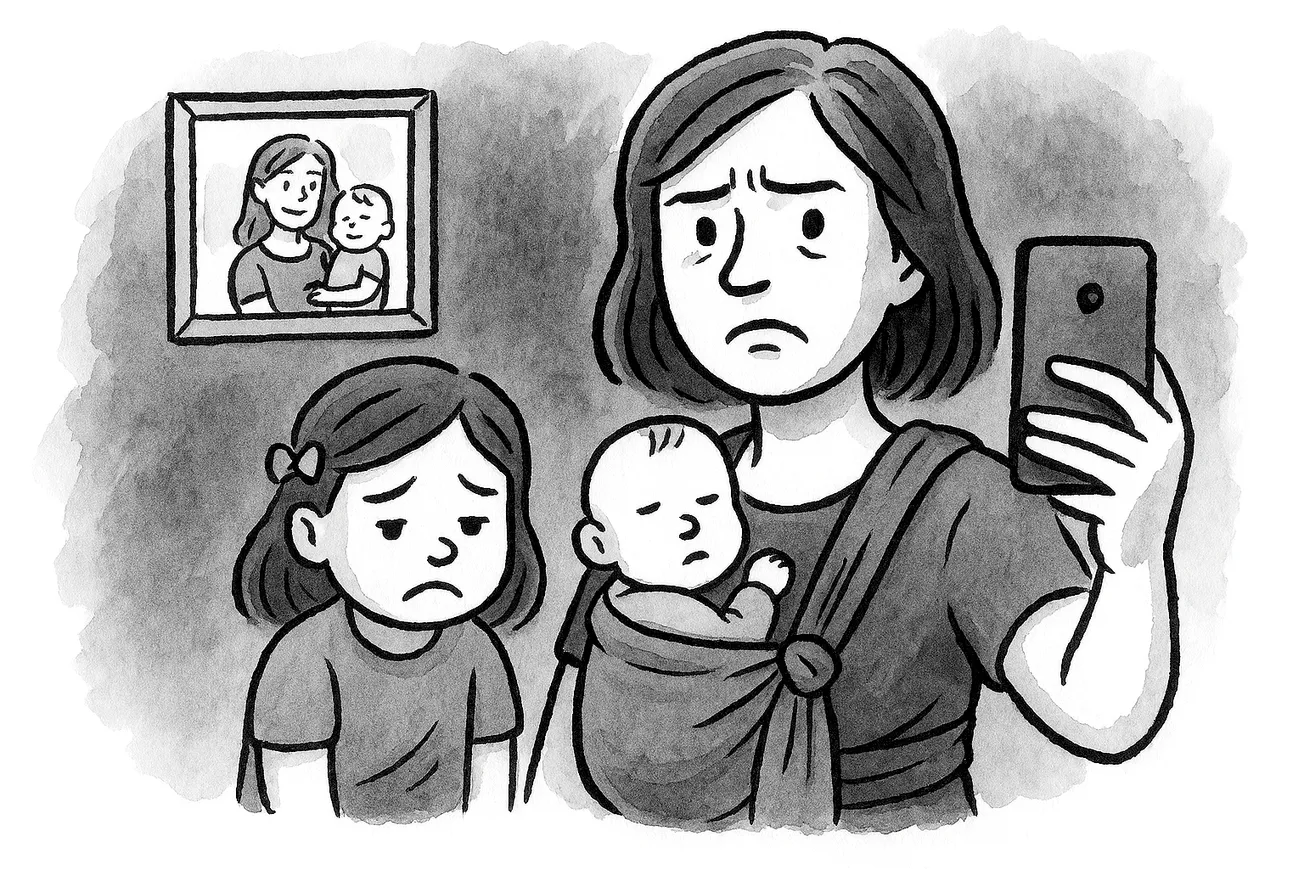Inhaltsverzeichnis
A study published in the Archives of Sexual Behavior has revealed significant connections between ADHD symptoms and sexual difficulties. The research examined 943 adults in Canada, including 106 who met the threshold for likely ADHD diagnosis based on WHO screening tools.
The findings showed that people with ADHD symptoms reported more problems specifically with orgasm ability and satisfaction, though desire and arousal remained similar to those without ADHD symptoms.
Individuals with likely ADHD were more than twice as likely as those without to meet the clinical criteria for distressing sexual dysfunction.
Researchers discovered that emotion regulation difficulties appear to be a key mechanism linking ADHD and sexual distress. People with ADHD often struggle to manage intense emotions, potentially making sexual problems feel more upsetting.
Age played a significant role in the findings, with younger participants showing stronger associations between ADHD symptoms and orgasm difficulties compared to older participants. This may reflect how ADHD symptoms often decrease in intensity with age.
Sex differences were also observed in the study. While both males and females with ADHD experienced sexual distress, the association was stronger in males, possibly due to greater social pressure regarding sexual performance.
Taken together, these data support associations between ADHD and distressing sexual function problems, and difficulties with emotion regulation as a potential mechanism underlying ADHD and sexual dysfunction.
The study used validated measurement tools including the Arizona Sexual Experiences Scale to assess functioning and a short form of the Sexual Distress Scale to evaluate emotional impact of sexual problems.
These findings highlight the importance of considering sexual health when treating people with ADHD, an aspect often overlooked in both clinical practice and research settings.
Study Quality The study "Distressing Problems with Sexual Function and Symptoms of Attention‑Deficit/Hyperactivity Disorder" was conducted by Simone Y. Goldberg, Maya C. Thulin, Hyoun S. Kim, and Samantha J. Dawson, examining 943 Canadian adults using validated questionnaires to assess ADHD symptoms, sexual function, and sexual distress, and was published in the Archives of Sexual Behavior. I would rate this study a 7/10 because while it uses a large sample size and validated measurement tools, it relies on self-reported symptoms rather than clinical ADHD diagnoses and doesn't fully control for comorbid conditions like anxiety or depression that might influence the results.
Sources








